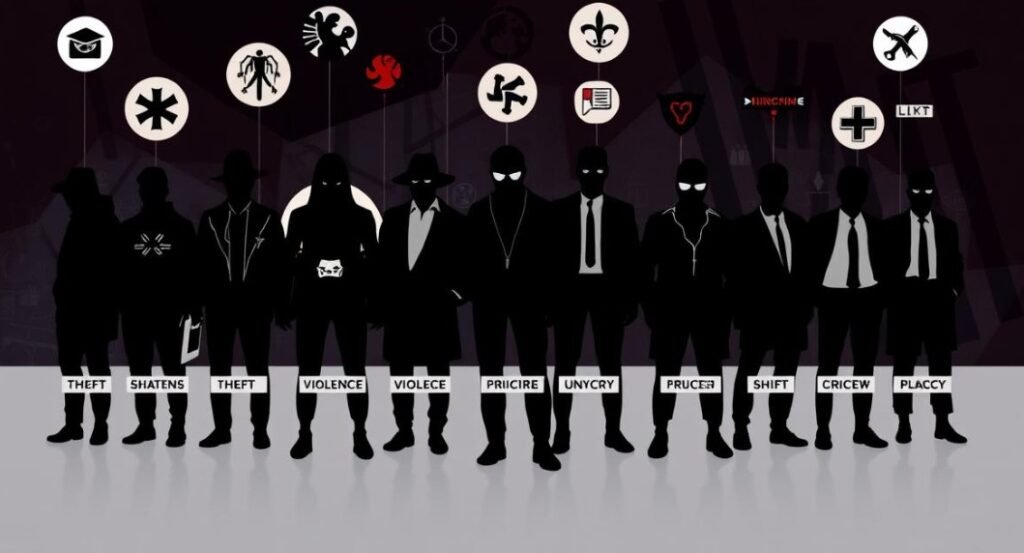Section 300 IPC: Unlawful Homicide Explained
We will explore Section 300 IPC, a key part of the Indian Penal Code. It defines murder and distinguishes it from culpable homicide not amounting to murder. Knowing about Section 300 IPC is vital for legal experts, law students, and those interested in the Indian legal system. The Indian Penal Code, section 300 ipc, explains […]








